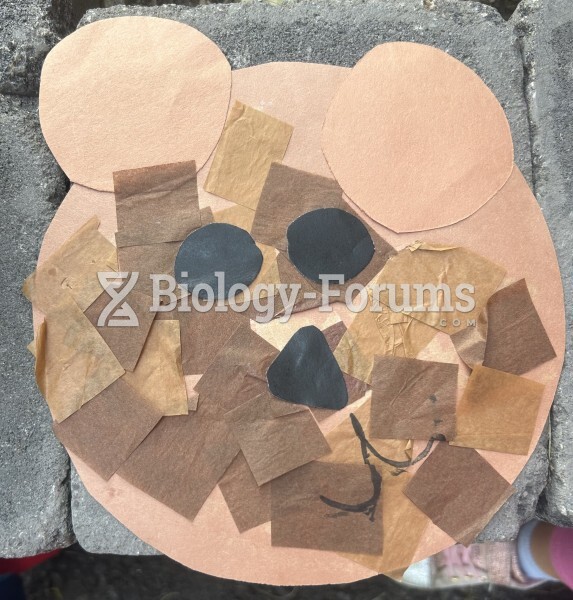|
|
|
The average person is easily confused by the terms pharmaceutics and pharmacology, thinking they are one and the same. Whereas pharmaceutics is the science of preparing and dispensing drugs (otherwise known as the science of pharmacy), pharmacology is the study of medications.
Nearly all drugs pass into human breast milk. How often a drug is taken influences the amount of drug that will pass into the milk. Medications taken 30 to 60 minutes before breastfeeding are likely to be at peak blood levels when the baby is nursing.
Serum cholesterol testing in adults is recommended every 1 to 5 years. People with diabetes and a family history of high cholesterol should be tested even more frequently.
Historic treatments for rheumatoid arthritis have included gold salts, acupuncture, a diet consisting of apples or rhubarb, nutmeg, nettles, bee venom, bracelets made of copper, prayer, rest, tooth extractions, fasting, honey, vitamins, insulin, snow collected on Christmas, magnets, and electric convulsion therapy.
Cyanide works by making the human body unable to use oxygen.
 A depiction of slaves on a South Carolina plantation, around 1790. Likely of Yoruba descent, they pl
A depiction of slaves on a South Carolina plantation, around 1790. Likely of Yoruba descent, they pl
 Many households today include young adults who have not moved out of their parents’ homes (or who ...
Many households today include young adults who have not moved out of their parents’ homes (or who ...





